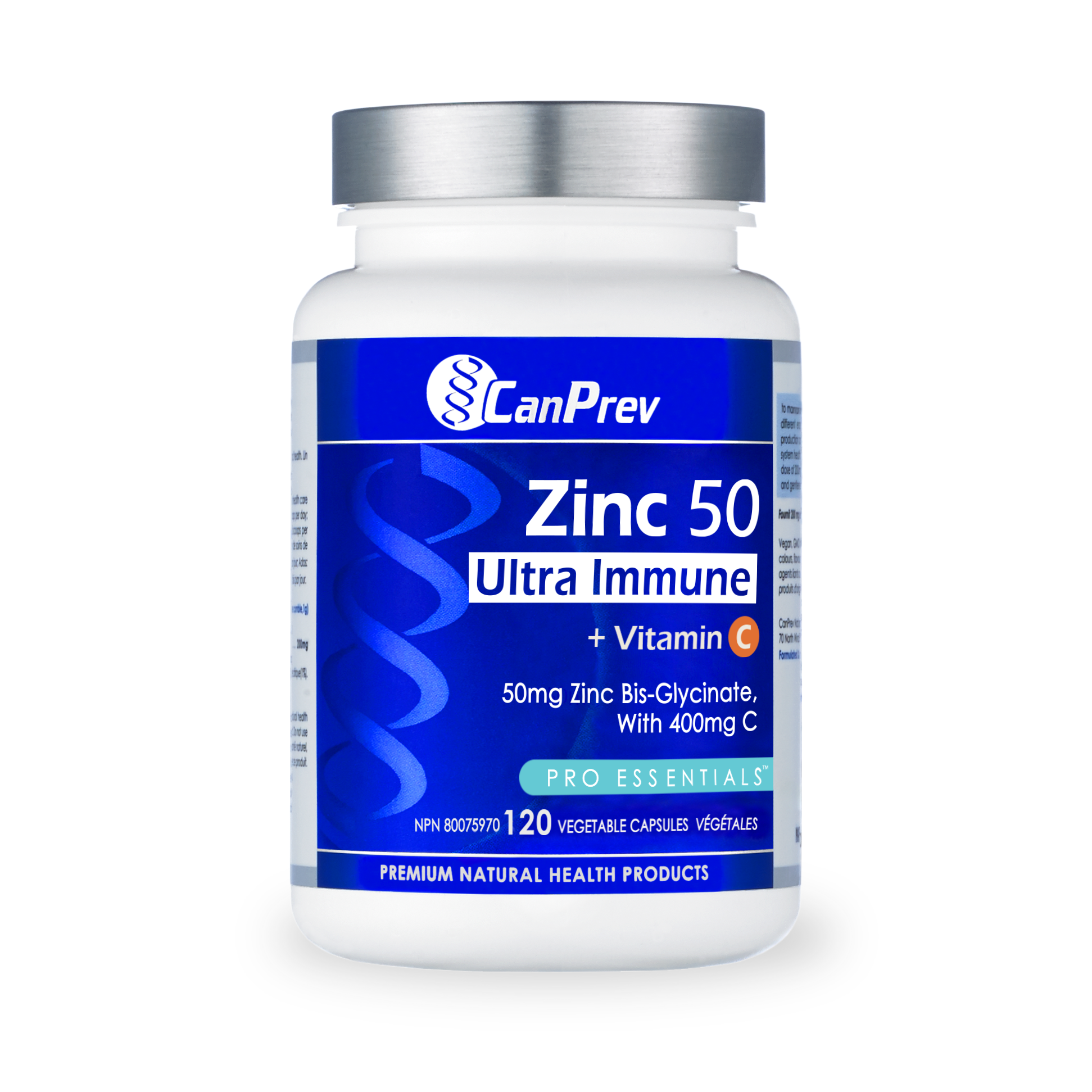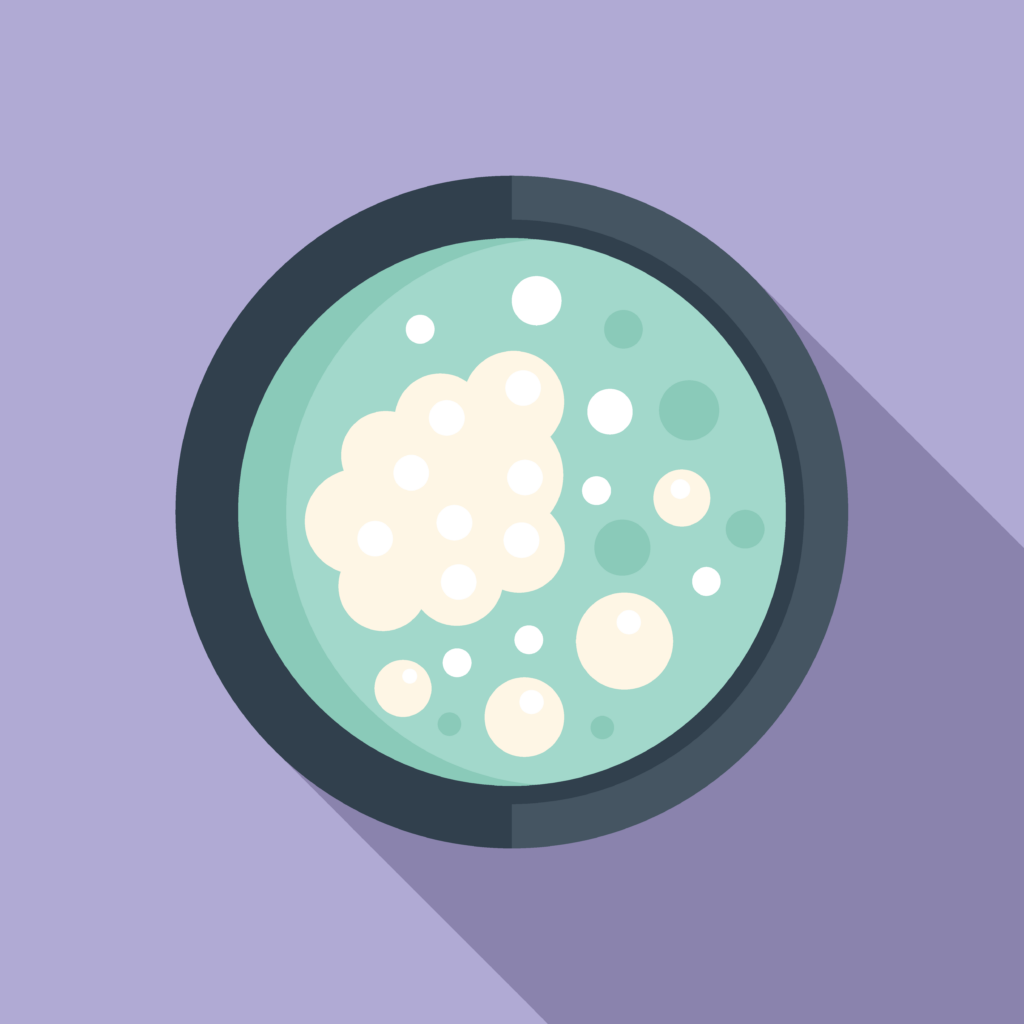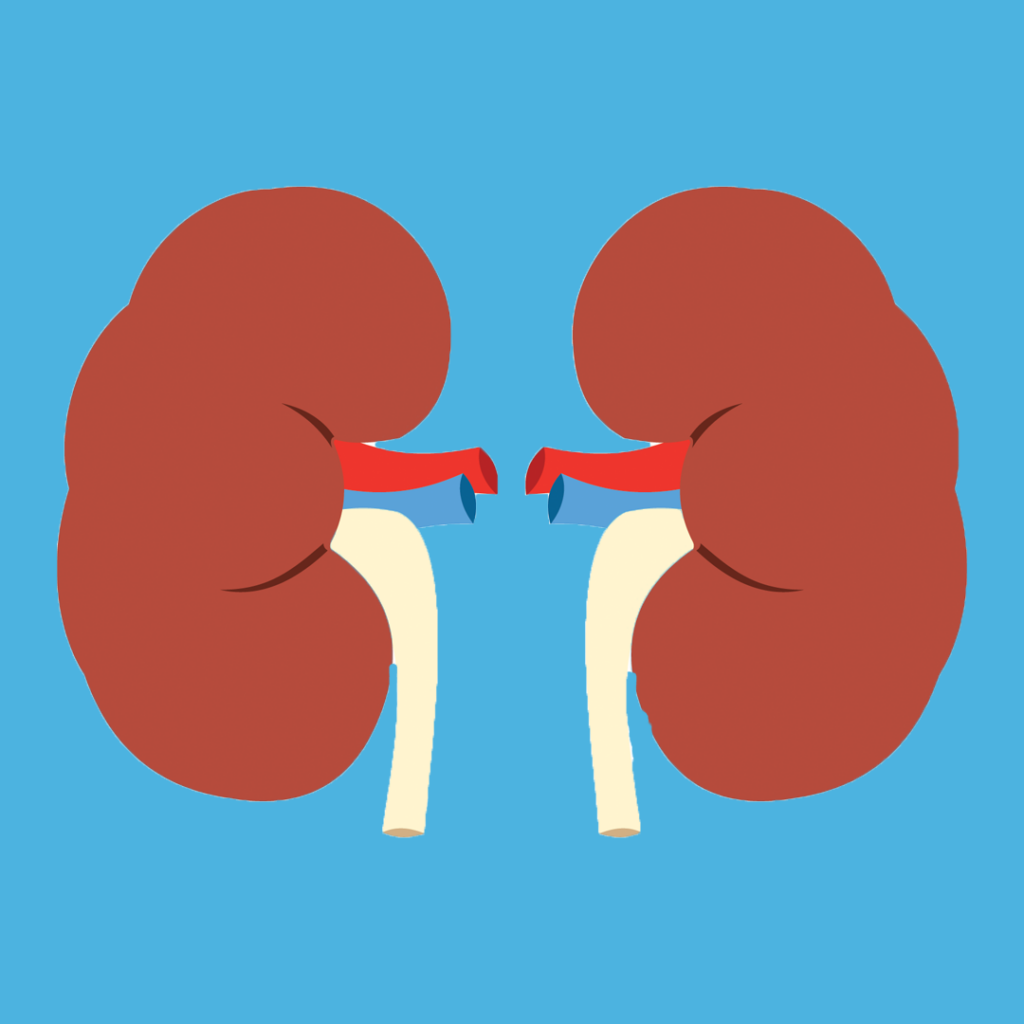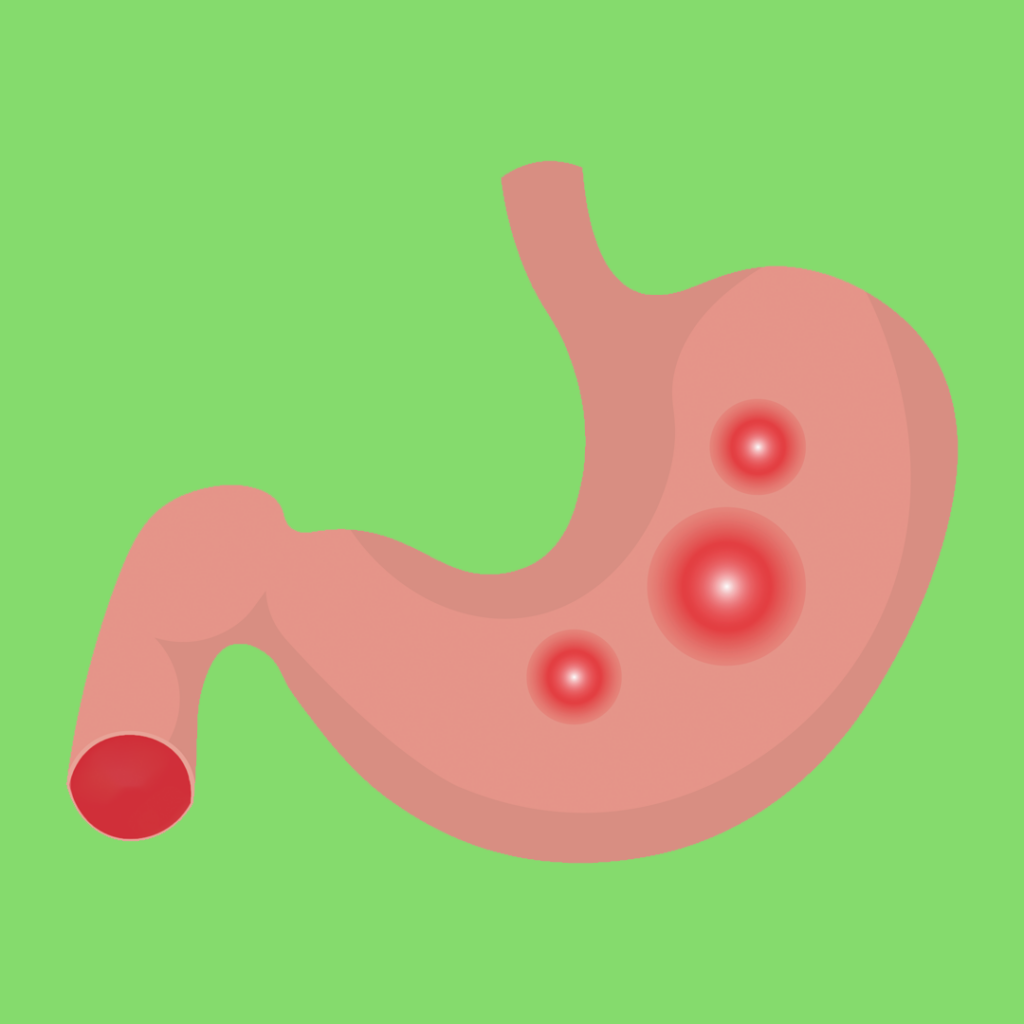Zinc and respiratory infections
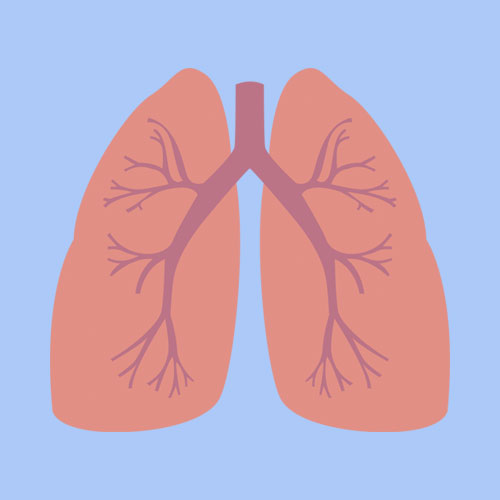
Questions answered in this article:
Did you know that a zinc deficiency is responsible for 16% of all deep respiratory infections worldwide? This fact alone gives us an inkling of the role a zinc deficiency may play in the severe progression of diseases caused by coronaviruses, a type of virus known to cause respiratory illnesses.
Let’s dive into what coronaviruses are and how zinc can help us fight them.
Defining coronaviruses
Before 2020, you may not have heard the term “coronavirus.” And you’re not alone. Like many, it may have come as a surprise when you found out that there is actually more than one type and that coronaviruses have been present for more than a couple of decades.
Coronaviruses were first identified in the 1960s, and are a large group of viruses that can cause diseases in both humans and animals. Their name comes from the crown-like spikes on their surface, which helps the virus enter into cells and causes the symptoms so familiar to us now: cough, fever, headache, and loss of taste and smell.
How does zinc help prevent coronavirus symptoms?
Zinc is essential for preserving tissue barriers in the body, including the respiratory tract. It does this by helping to strengthen the epithelial lining of organs (the inner and outer tissues of your organs) like the lungs, as well as improving the function of the cilia—the little hair-like projections in the respiratory tract that assist with clearing out the virus. By doing this, zinc helps to prevent the invasion of infectious pathogens like viruses and bacteria, as well as neutralizing them quickly and efficiently before they can do any harm.
Once the virus gets past barriers such as the respiratory tract, in order to spread around the body and trigger symptoms, it sets off various processes to make sure it survives inside the host (that’s you). One of coronaviruses’ most savvy tricks is their ability to replicate their viral genome once they’ve invaded host cells, so that they can continue to spread around the body. Polymerase is the key enzyme a coronavirus uses to replicate its DNA—and zinc has been shown to decrease viral polymerase activity, so that it can’t spread as freely as it would like.
Zinc and the cytokine storm
One of the hallmarks of coronavirus is the “cytokine storm”—the production of a flurry of inflammation-inducing molecules that lead to severe symptoms and in some cases, death. This immune response is characterized by exaggerated levels of immune products such as interleukin-6, C-reactive protein, reactive oxygen species (ROS) and tumor necrosis factor—basically, a host of characters that, when appearing in large enough numbers, can destroy tissue, permanently damage the lungs, and shut down organs.
Numerous studies have focused on zinc’s anti-inflammatory and antioxidant properties in relation to coronaviruses and other inflammatory diseases. Some of these studies highlight the association of zinc deficiency with elevated levels of pro-inflammatory mediators, such as the ones listed above.
Zinc helps to quench the inflammation caused by these immune products. It does this by increasing the activation of antioxidant proteins and enzymes, such as superoxide dismutase (SOD), glutathione and catalase. These are major players in the resolution of inflammation, preventing further incursions from inflammatory cells that can lead to the cytokine storm.
How can you increase your zinc levels?
With the holidays up ahead, maintaining a well-functioning immune system can come in handy. Meeting up with family and friends is always enjoyable, but it can also come with the exchange of germs and the spread of infections. This means checking in with your body’s zinc levels.
If you’re looking to increase your zinc levels, try incorporating foods like oysters, beef, eggs, lentils and chickpeas into your diet. To be absolutely sure you’re getting the zinc your immune system needs this time of year, try taking a supplement such as CanPrev’s Zinc 50 Ultra Immune + Vitamin C. This formula contains 50mg of highly absorbable zinc bis-glycinate, with added 400mg of vitamin C, the perfect combination to support your immunity and more.
While zinc is not a direct cure for diseases caused by coronaviruses, making sure you have sufficient zinc levels can definitely give you the upper hand in tackling these types of illnesses.

